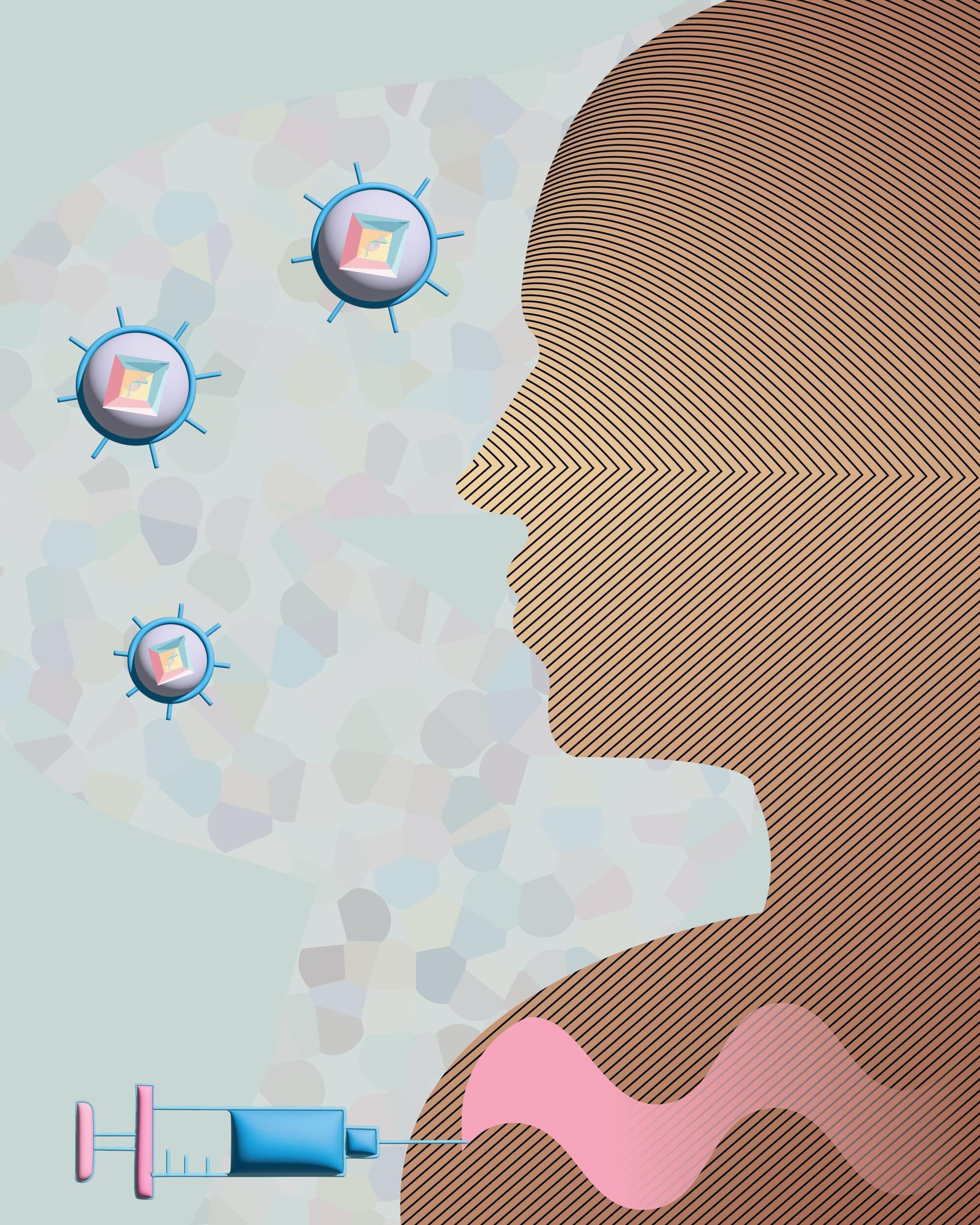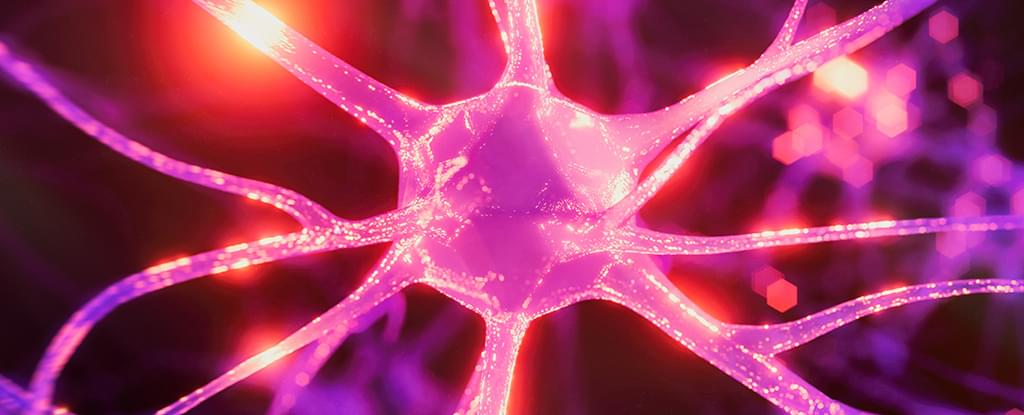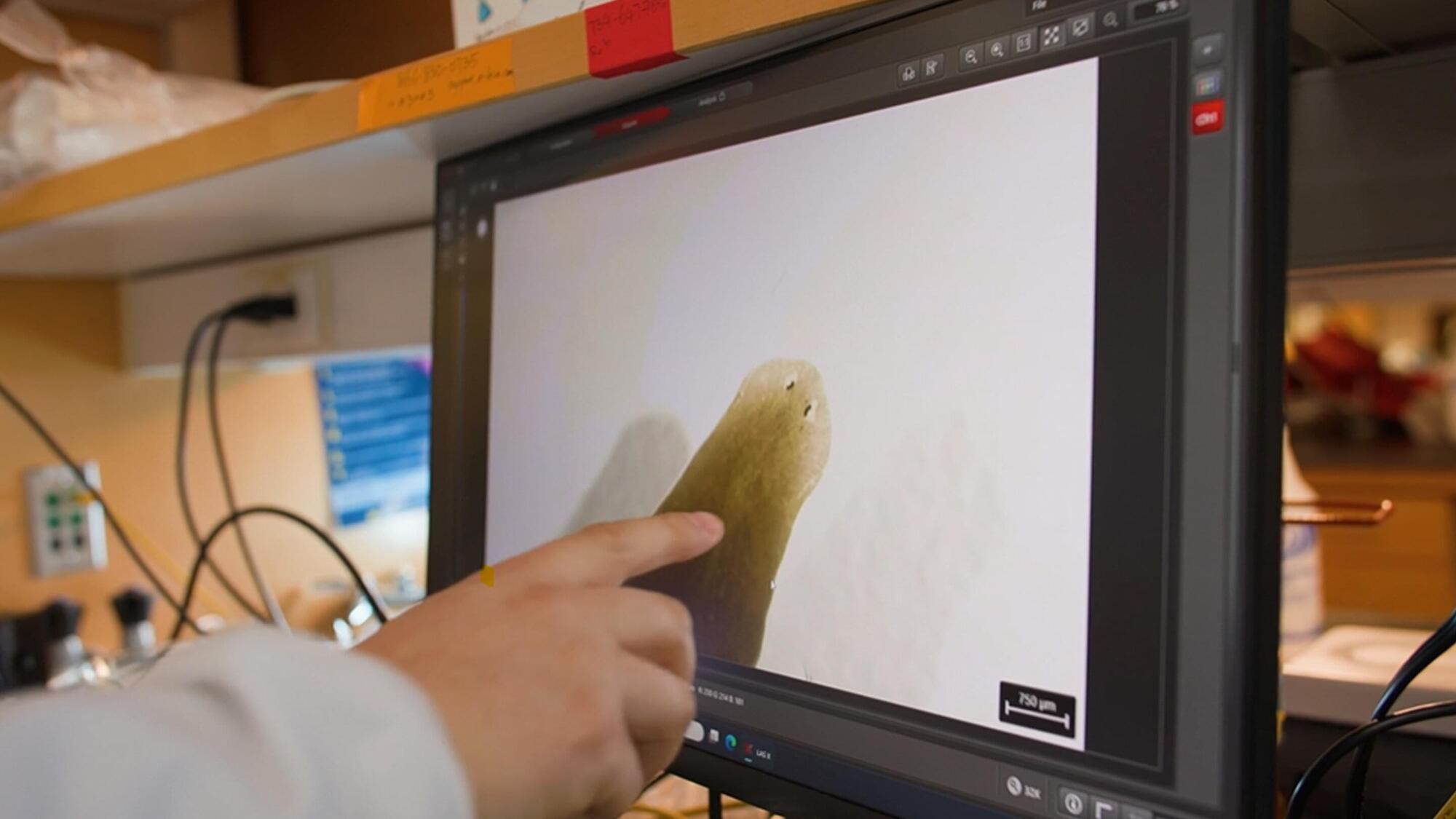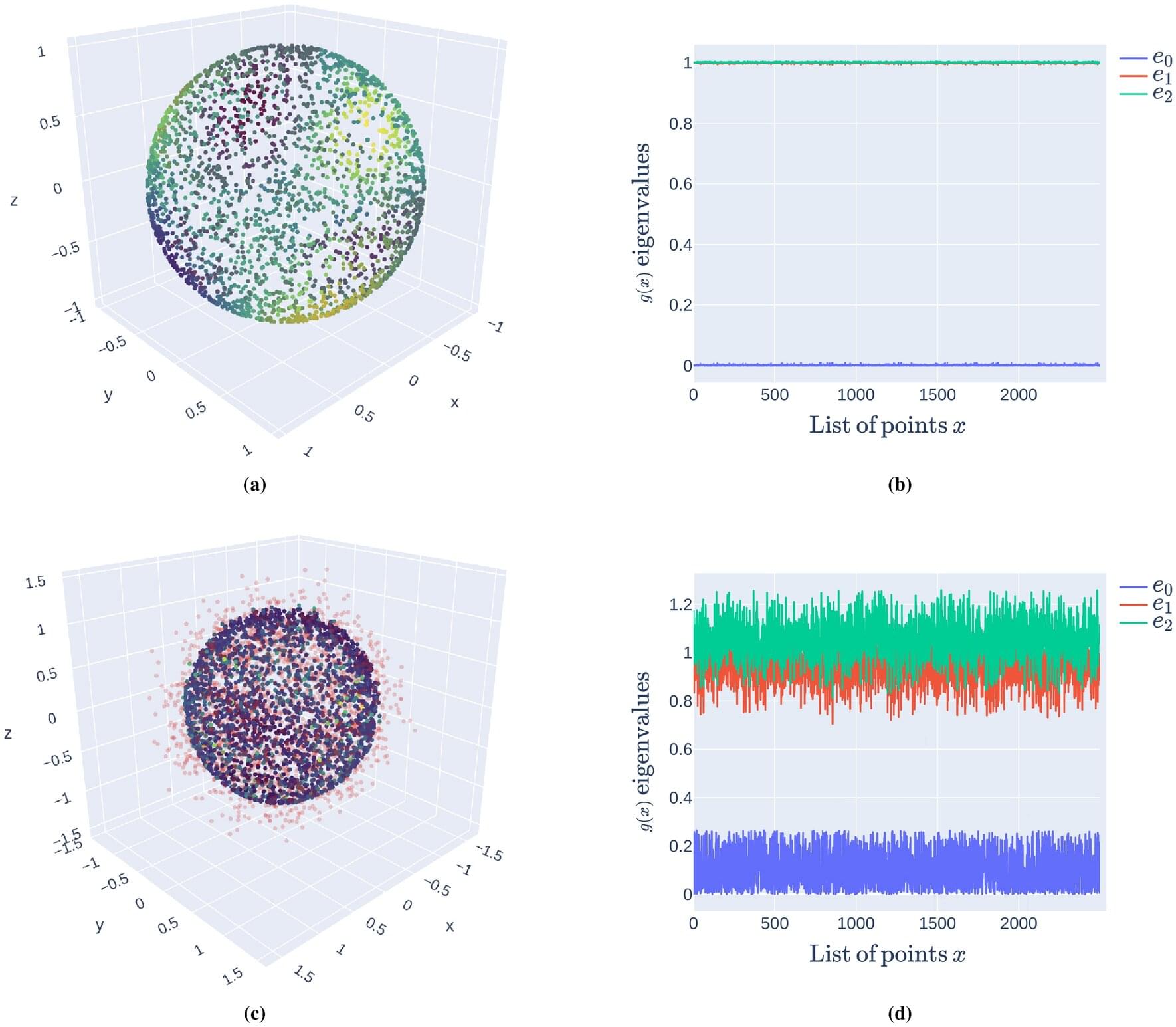R01 CA203108, R01 CA247234 (to ML), and by the William and Ella Owens Medical Research Foundation (to ML). It was also supported in part by the Department of Medicine, the University of Oklahoma Health Sciences Center.
Address correspondence to: Michael S. Bronze, Department of Medicine, The University of Oklahoma Health Sciences Center, 800 Stanton L. Young Blvd. AAT 6,400, Oklahoma City, Oklahoma, 73,104, USA. Phone: 405.271.5428; Email: [email protected]. Or to: Min Li, Department of Medicine, The University of Oklahoma Health Sciences Center, 975 NE 10th Street, BRC 1262A, Oklahoma City, Oklahoma, 73,104, USA. Phone: 405.271.1796; Email: [email protected].









